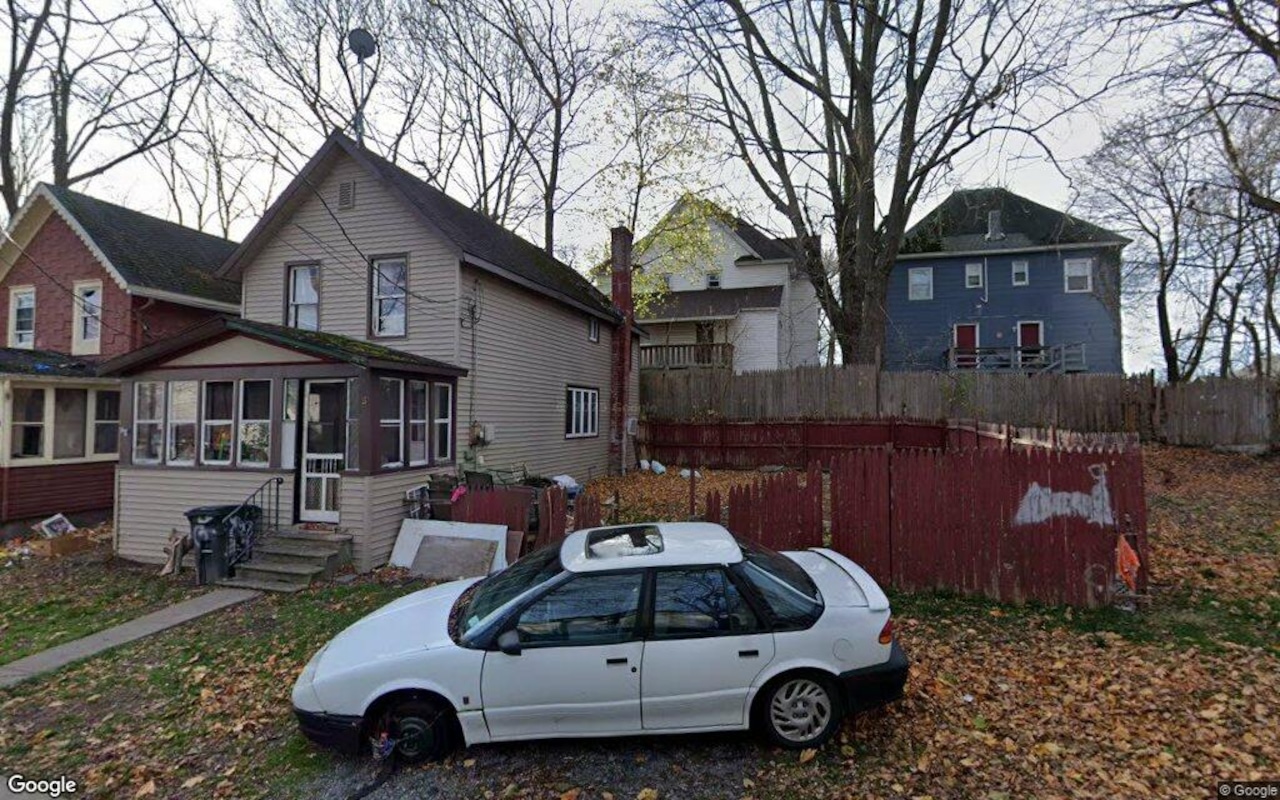A
bipartisan study group, the Joint Committee on Property Tax Review and Reform, failed to reach a consensus in December 2023 on easing property tax pressure on homeowners. However, Citizens for Property Tax Reform, led by Lakewood Republican Keith Davey, is pushing for a constitutional amendment that would abolish real estate taxes in Ohio.
If the organization gathers enough signatures from registered voters, the proposal would be put to a statewide vote. The proposed Article XII, Section 14, would exempt all real property from taxation, including land, buildings, and structures. This would effectively eliminate the $19.5 billion in property taxes paid by Ohio homeowners and other real-estate owners in 2022.
Abolishing real estate taxes would have devastating consequences for local governments and public schools, which rely heavily on these funds. According to the Legislative Service Commission, about 60% of all property tax money collected in Ohio goes towards funding public schools. Without this revenue, school boards would struggle to make up the difference, potentially leading to significant cuts.
Ohio's current system, House Bill 920, limits property-tax growth by adjusting millage rates when property values increase. However, this law is complex and has exceptions, making it difficult for taxpayers to understand. As a result, schools and other taxing entities must repeatedly ask voters for more money to keep up with inflation-driven costs.
Ohioans vote on school levies more frequently than anywhere else in the nation, with an average of 398 levies per year passing at a rate of 54.9%. Meanwhile, the General Assembly focuses on other issues, leaving property taxes unaddressed despite their impact on voters' wallets and checkbooks.















